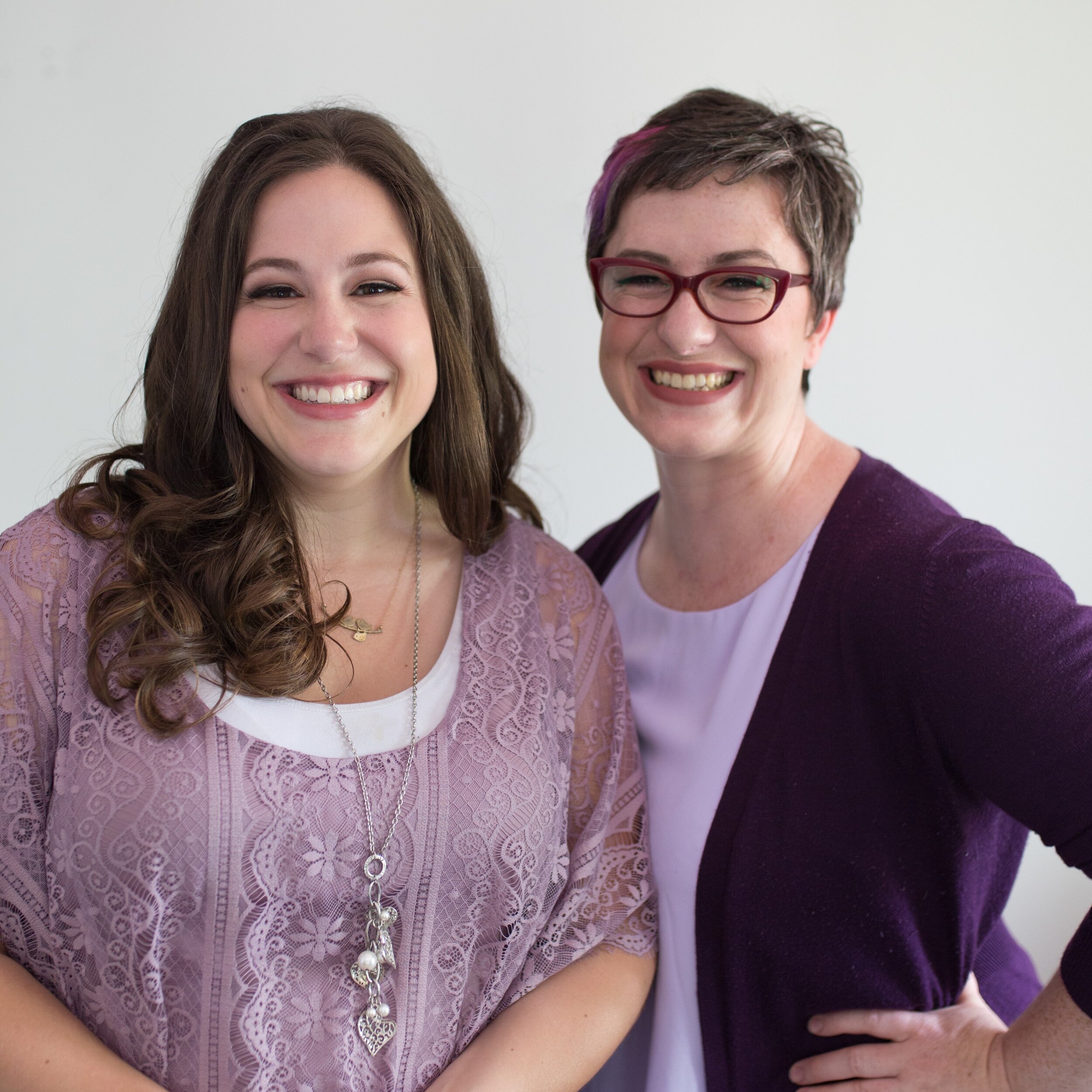Risk Doesn't Have To Be a Four Letter Word
We’re a risk averse culture.
The Oxford dictionary defines risk averse as "not willing to do something if it is possible that something bad could happen as a result". I mean *waves vaguely at the universe* that would include everything, really.
Many of us make decisions in this way - we consider the worst possible outcome and try to make choices to avoid that outcome. Which makes sense.
But it also traps us in a hyper-vigilant, fear-full place, expending all of our energy trying to maintain the illusion of control, dodging potential unwanted outcomes, and never working towards or considering those things we do want. Frankly, it’s exhausting.
Image description: a parent with long brown hair and earrings holds and kisses a baby on their chin. The baby is wearing a black shirt and a black and red plaid jacket.
So how can we begin to shift our relationship with risk? Here are four things to consider:
There's no such thing as a no-risk option. I know - it sucks. And it's true. No matter what you choose, or don't choose, there is potential risk involved. It's a function of life. That can seem kind of overwhelming and, well, downright unfair sometimes. If every option carries potential risk, how do you know what the right decision is? On the other hand - if every option carries potential risk, then you can let go of the pressure of making The Right Decision and instead embrace the flexibility of making the best decision you can, in the moment, with the resources you have available.
Remember the benefits. Sometimes you can forget that along with the various potential risks associated with your options, there are also potential benefits. No matter what you decide to do, some risks and benefits increase, and some risks and benefits decrease. Consider what benefits are most important to you and what decisions you can make that will increase those benefits. Work towards what you want rather than constantly trying to avoid what you don’t want.
Figure out your acceptable level of risk. What amount of risk are you comfortable with? There are as many answers to this question as there are people in the world. During pregnancy is a good time to get honest with yourself about your relationship with risk. From here on out, there’s a new life that will, forever and ever, be out there, facing potential risks, every day. Figure out how you feel about it and how you want to approach this sometimes uncomfortable reality. And if you have a partner, talk to them about their acceptable level of risk as well, especially if it's different from yours. What lessons, values, and ideas about risk do you want to pass onto your own children someday? How can you begin practicing and embodying those things right now?
Human beings are generally not good at assessing risk accurately. Why? Because of feelings. 😏 For our great-great-great-great ancestors, being able to make quick, snap decisions about risk based on a hunch made the difference between taking lunch home or being lunch. For a long time this worked really well for our species, but now the risks you need to consider are much more abstract than a saber tooth tiger hiding in the grass. Now you need the higher functioning part of your brain to step in and adjust your hunches, but that doesn't often happen because the higher functioning part of your brain is super lazy. If a hunch "feels" right enough to your higher functioning brain, you figure that's good enough and don't adjust your assessment accordingly. Being aware of this tendency can help you adjust for it. (If you'd like to learn more about this check out Dan Gardner's Risk: Why We Fear The Things We Shouldn't And Put Ourselves In Greater Danger)
Since there’s no avoiding risk, getting comfortable with and making friends with risk (or perhaps more accurately with your uncomfortable feelings around risk) will lead to more calm and peace of mind, a general sense that you’ve got this, no matter what comes your way.
There’s a lot of freedom in surrendering the illusion of control. ❤️





